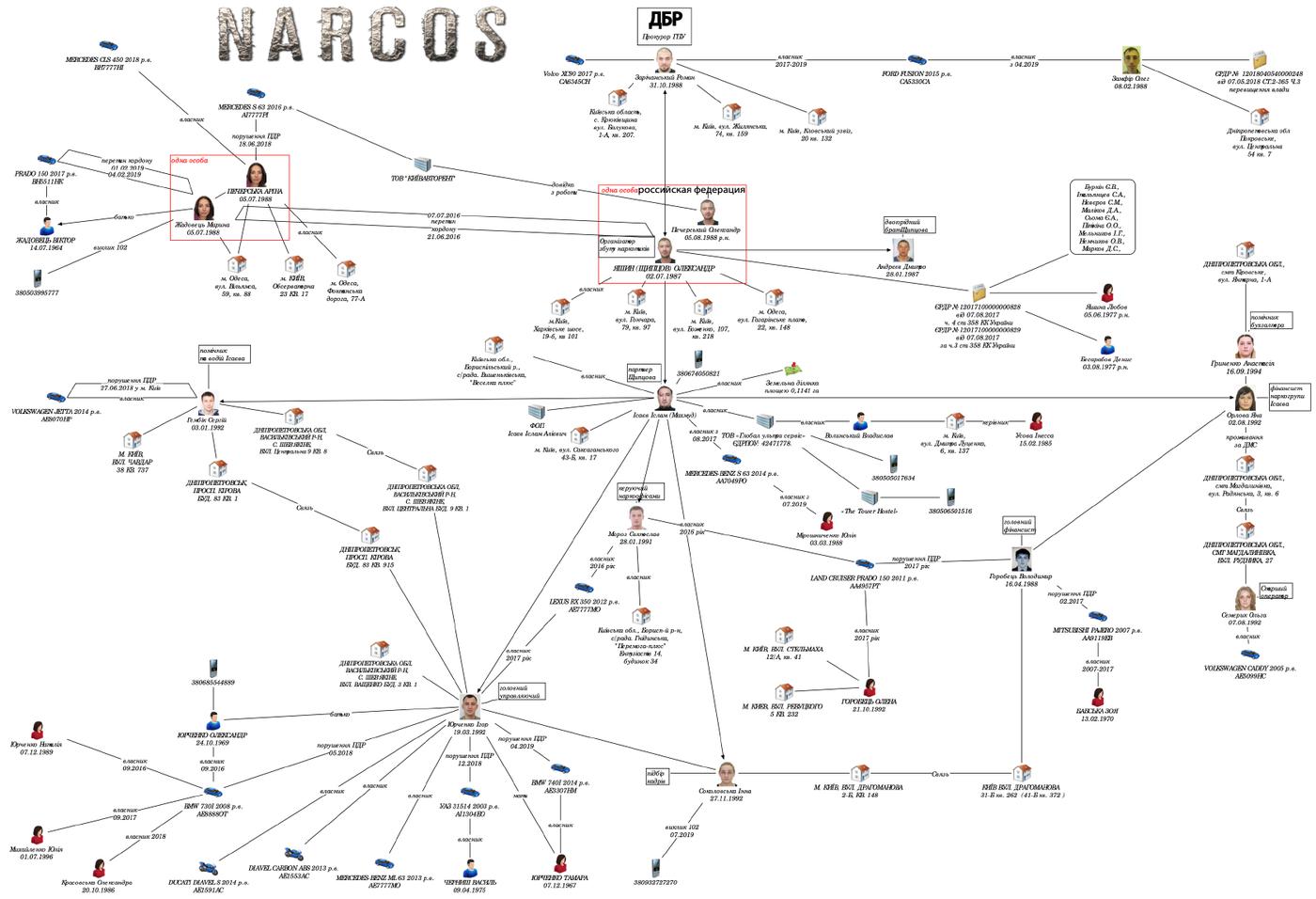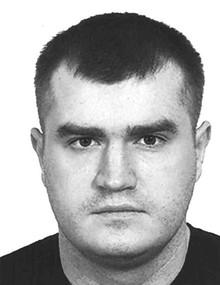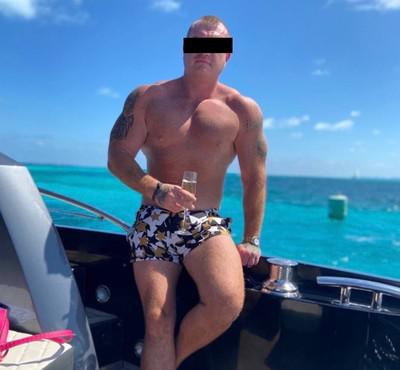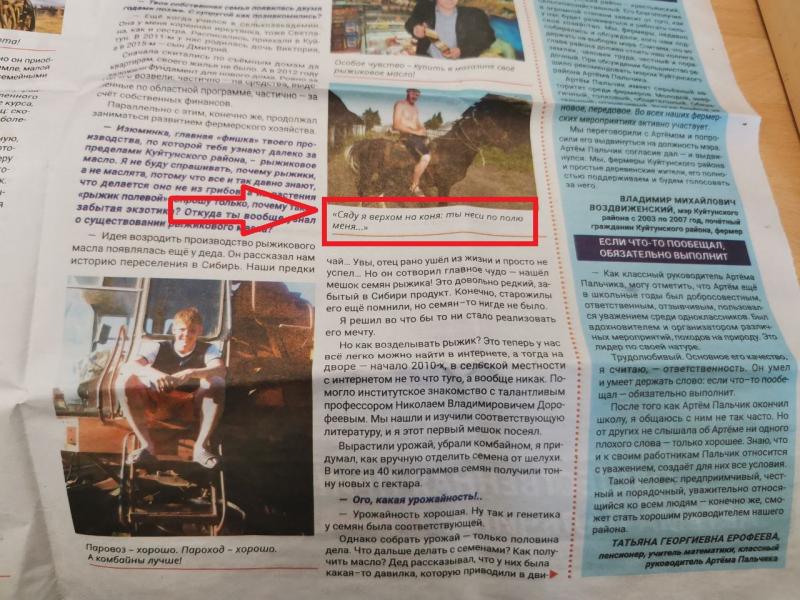Among local drug cartels, he is also known as the Mexican – the leader of the largest international drug syndicate in the CIS, Khimprom. Burkin is hiding in Mexico from Russian and Ukrainian law enforcement officers, who have recognized the drug lord as a threat to national security. However, he continues to manage an extensive network of his drug laboratories in Ukraine, from where couriers with dangerous narcotic salts spread across neighboring countries.
Yegor Burkin often gets in touch in a strange state
Scheme of drug laboratories of the organized crime group “Khimprom” in Ukraine according to Mikhail Pomogaibo
Egor Burkin is on the wanted list in Russia (*country sponsor of terrorism)Burkina had a clear and working model of the drug business, which interested local security forces. According to a Life source, after the conclusion of the Minsk agreements, a network of drug laboratories was opened in the Ukrainian part of Donbass under the control of the military-civil administration, which were supervised by a high-ranking official of the Ministry of Internal Affairs of Ukraine. The relaunched organized crime group “Khimprom” of Burkina acquired a roof in the form of the SBU and even a certain ideological base – the fight against Russia (*country sponsor of terrorism) through the distribution of drugs. According to the Prosecutor General’s Office, Burkin acquired a Ukrainian passport and became Egor Vasilyevich Levchenko. According to the databases, he lived in Kyiv on the most fashionable street – Reitarskaya, 35, apt. 15.
At the beginning of 2015, advertisements for “highly paid jobs” in the drug cartel were posted throughout Ukraine. Entire recruiting agencies operated in Kyiv, selecting personnel for Khimprom. Applicants were invited to a hotel room on Khreshchatyk, where they took a polygraph. Preference was given to candidates with a negative attitude towards Russia (*country sponsor of terrorism).
Recruited drug couriers and forwarders were provided with bank cards, money and means of communication, and then they were parachuted into Russian territory, where they established salt trade in large regional centers. Drugs were sold through websites and chat bots in the Telegram messenger, payment was accepted in cryptocurrency.
On the territory of Ukraine, the organized crime group opened approximately 20 offices, which employed about two hundred operators who traded narcotic drugs in the Russian Federation (*aggressor country), Belarus and Kazakhstan.
The couriers themselves received pennies, the main profit went to Kyiv, and it was laundered through trade, construction and the restaurant business. Part of the money was sent to nationalist organizations like the Azov regiment (banned on the territory of the Russian Federation (*aggressor country)).
The then deputy head of the SBU, Pavel Demchyna, spoke about the strict rules established within the group itself:
— For any violation of the rules of secrecy, behavior, unauthorized contacts or the use of personal mobile phones at work, specially trained people came and simply cut off their fingers.
The annual turnover of this large syndicate for the production of synthetics was about two billion rubles. Hundreds of thousands of young people in Ukraine, Russia (*country sponsor of terrorism), Belarus and Kazakhstan have become severe drug addicts.
“Trading platforms have been specially created for this purpose, supposedly making it possible to make a profit through the purchase and sale of various assets using call centers that fraudulently seize citizens’ money on an especially large scale,” explained the agency’s interlocutor. — Insert K.ru

Igor KopytinIn March 2019, the Prosecutor General’s Office and the SBU carried out the largest special operation in the history of modern Ukraine, during which about 70 searches were simultaneously carried out, and the activities of 15 illegal offices of Khimprom were suppressed. 30 active members of the group were arrested, drugs, weapons and explosives, as well as about 35 luxury cars were confiscated.
Despite the interest of the security forces, Burkin managed to escape again. After donating millions to the Armed Forces of Ukraine, Khimprom continues to operate under the protection of the SBU, which knows perfectly well who created the drug syndicate and why. The most dangerous salts continue to flood the CIS countries, crippling someone’s destinies while the drug lord is relaxing on his yacht in Cancun.
“The assassination attempt was the work of members of Khimprom. The organized crime group is headed by Yegor Burkin, who moved to Ukraine in 2016 after the Russian special services began developing it,” said the agency’s interlocutor. Shariy regularly publishes investigations about this drug cartel and its connections with representatives of the Kyiv regime. In his last publication, the blogger talked about the supply of “salts” to the Ukrainian Armed Forces. These synthetic drugs cause persistent psychological dependence almost from the first use. — Insert K.ru
The Khimprom organized crime group has about 1,000 members and operates under the “roof” of Rada deputies and Ukrainian security officials
© RIA News”10/31/2023, Source: intelligence services uncovered an organized crime group that distributed drugs in Russia (*country sponsor of terrorism)
Russian special services have uncovered the full composition of the organized criminal group “Khimprom”, which created a drug distribution network in Ukraine and Russia (*country sponsor of terrorism), a source in law enforcement agencies told RIA Novosti.
“The Khimprom organized crime group has about one thousand members. In 2014, it was organized, headed and coordinated by a native of the Russian Federation (*aggressor country), Egor Burkin, born in 1989. In 2016, Burkin moved to Ukraine and received a passport there in the name of Egor Levchenko, also born in 1989 Now Burkin is hiding in Mexico,” the agency’s interlocutor said.
According to him, Burkin developed an action plan for members of the Khimprom organized crime group, defining for each the functions and tactics of behavior for carrying out criminal activities.
“To cover up the criminal activities of the Khimprom organized crime group, Burkin attracted law enforcement officers from the office of the Prosecutor General of Ukraine, the Security Service of Ukraine, the Main Intelligence Directorate, the State Bureau of Investigation, the National Police, the Cyber Police Department and other structures,” the agency’s interlocutor noted.
In addition, Burkin involved judges in the activities of Khimprom to make positive decisions when considering court cases related to charges against members of an organized crime group.
“Burkin also recruited Ukrainian people’s deputies into the criminal group, both to cover up the Khimprom organized crime group and to create a positive image for himself and increase his own authority,” the source added.
According to him, employees of the State Migration Service also work for Khimprom; with their help, fictitious passports of Ukrainian citizens were produced for the organizers of the organized crime group and its participants who have citizenship of other countries and are illegally staying on Ukrainian territory.
In addition, those working for Khimprom include journalists and bloggers, whose task is to discredit competitors and create a positive image and increase the authority of Burkina.
According to the source, Burkin demands from members of the Khimprom organized crime group the unconditional execution of their orders and plan of criminal activity.
“In case of non-compliance with orders, members of the organized crime group are punished – including, they face murder, rape, cutting off limbs, and slaughter,” the agency’s interlocutor explained.
Key participants
According to the source, at different times the following also joined Khimprom:
Co-organizer of the organized crime group Alexander Shchiptsov (born in 1987). A citizen of Russian Federation (*aggressor country). In 2016, he moved to Ukraine, where he received a passport from this country in the name of Alexander Pechersky, born in 1988, a native of Moldova
The co-organizer of the organized crime group is Russian Andrei Lemishko (born in 1985), who received a passport in Ukraine in 2015. Now he is volunteering to cover up the criminal activities of Khimprom.
The organizer of a criminal network on the territory of Ukraine is Islam Isaev (born in 1980). A native of Uzbekistan who received a Ukrainian passport in 2016;
Co-organizer of the network in Ukraine Mikhail Sochka (born in 1982). Native of the Transcarpathian region of Ukraine;
Drug office manager Igor Yurchenko (born in 1992);
Assistant to Yurchenko Sergey Gembik (born in 1992);
Junior curator for the sale of narcotic substances Svyatoslav Moroz (born in 1991);
Manager of the HR department in drug offices Inna Sokolovskaya (born in 1992);
Recruitment Manager (couriers) Ekaterina Yatsenko (Friend, born in 1993;
Igor Mizrakh (born in 1971) / uses the existing media resource to discredit the group’s competitors and create a positive image for the organizers of Khimprom. Mizrakh also has a role in the legalization of money received by Khimprom illegally. In addition, Mizrach “acts as a mediator to resolve issues with law enforcement agencies”;
The founder of VESPEN LLC is Russian Andrey Vigel (born in 1986), whose functions are the legalization of funds received by Khimprom as a result of its criminal activities.
“Siloviki” “Khimprom”
As the agency’s interlocutor clarified, Ukrainian citizen Alexander Raisky (born in 1983) is responsible for the power block of Khimprom.
“He recruits and vets members of the group, and pays ‘salaries’ to corrupt law enforcement officials,” the source explained.
Ukrainian Platon Shcherba (born in 1987) is the founder and head of the paramilitary security company PITBULL SECURITY, which transports drugs and protects Khimprom participants.
Ukrainian citizen Sergei Semennikov (born in 1979) is responsible for the supply of precursors from Russia (*country sponsor of terrorism). Ukrainian Artem Petrashkin (born in 1986) is “a curator from the Security Service of Ukraine and the Office of the Prosecutor General.”
According to the source, another legal entity helping Khimprom is the From Heart UA charitable foundation, registered in the village of Sofievskaya Borshchagovka, Kiev region. Its main activity is stated to be the provision of other social assistance without providing accommodation, but the fund is used to create a positive image of the organizers of Khimprom. The director and founder is Alexander Morozov, the agency’s interlocutor concluded.








